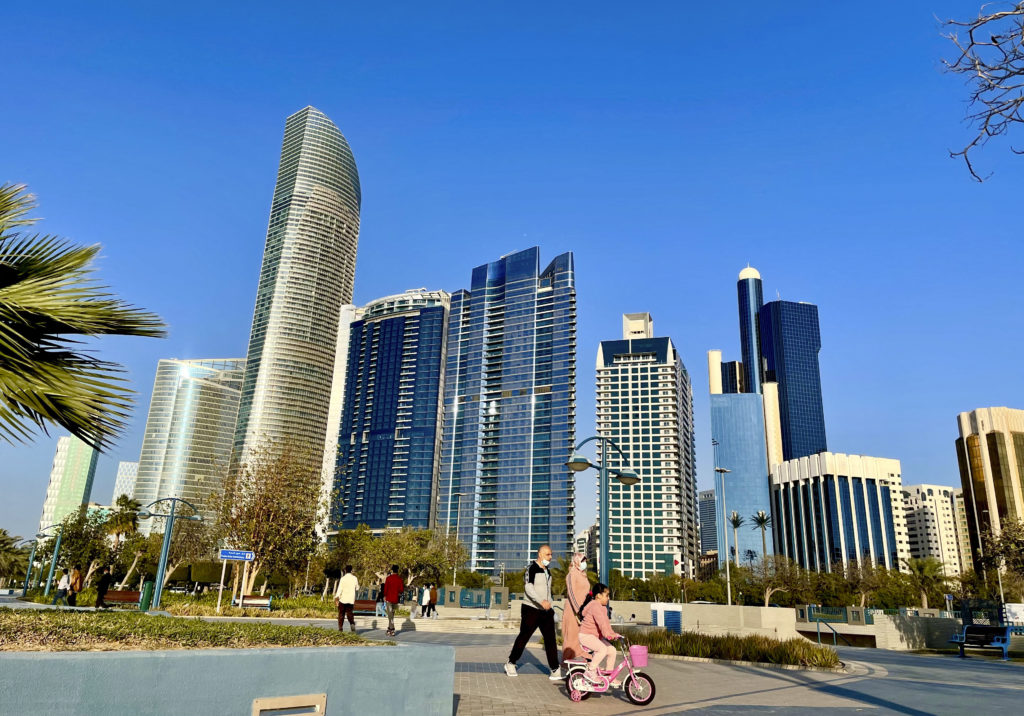São Paulo – The upturn from the effects of the COVID-19 pandemic is strengthening in the United Arab Emirates, boosted by the country’s prompt and early response in the areas of health and economics, according to a report released this Thursday (17) by the International Monetary Fund (IMF).
The organization estimates the Gross Domestic Product (GDP) of the UAE has grown by 2.2% in 2021 and will advance, even more, 3.5%, in 2022. According to the IMF, the oil price was one of the factors that boosted last year’s performance, with oil GDP advancing 3.2%.
The fund also attributed the upturn to the government’s continued economic support policies and the recovery in tourism and domestic activity related to the delay of Expo 2020 Dubai. The world exhibition was scheduled to occur in the country in 2020 and was postponed by one year, starting in October 2021.
The IMF also highlighted the measures taken by the UAE to contain the pandemic. “The UAE moved quickly to address the health and economic effects of the pandemic,” the report stated. The organization cited the adoption of tests and other measures to limit the spread of the virus and the high rate of local vaccination.
“Fiscal and macro-financial support have provided relief to hard-hit sectors, SMEs, those in need, and the financial system,” said the fund, detailing most measures were taken over the last year and a half, and some were extended.
The IMF has projected favorable figures for the UAE’s economy. The organization estimates the fiscal deficit stood at 0.7% of GDP in 2021 and will fall to 0.2% in 2022, and the country will achieve a small budgetary surplus by 2024. The IMF said this reflects revenue gains from high oil prices, higher economic growth, and modest tax reform efforts.
Translated by Elúsio Brasileiro




